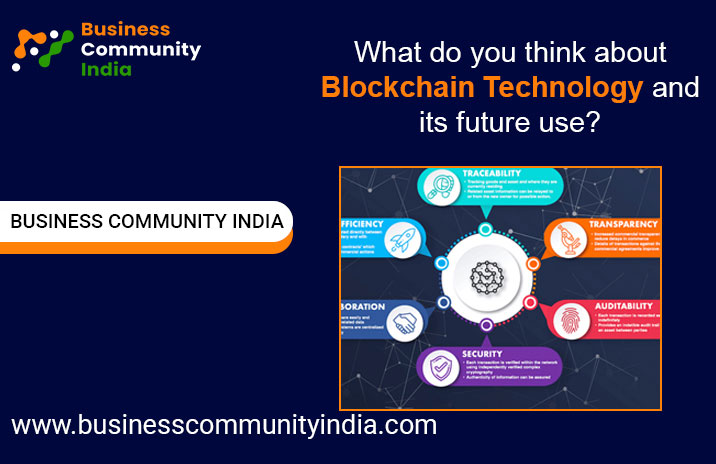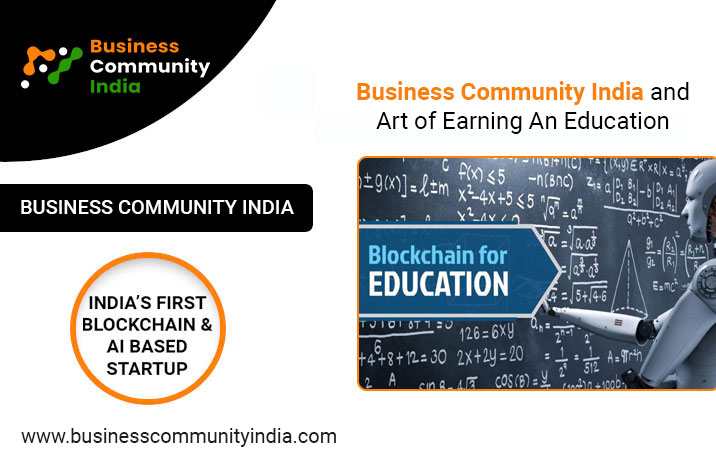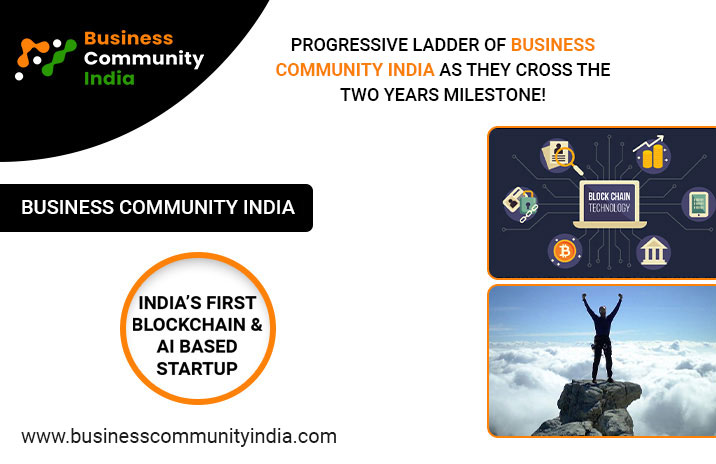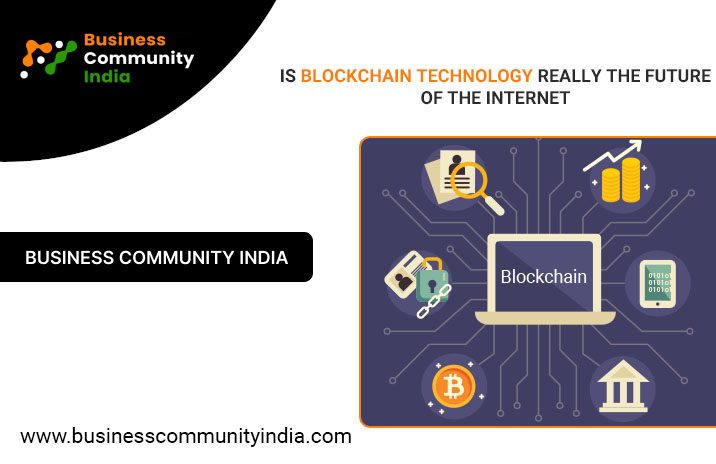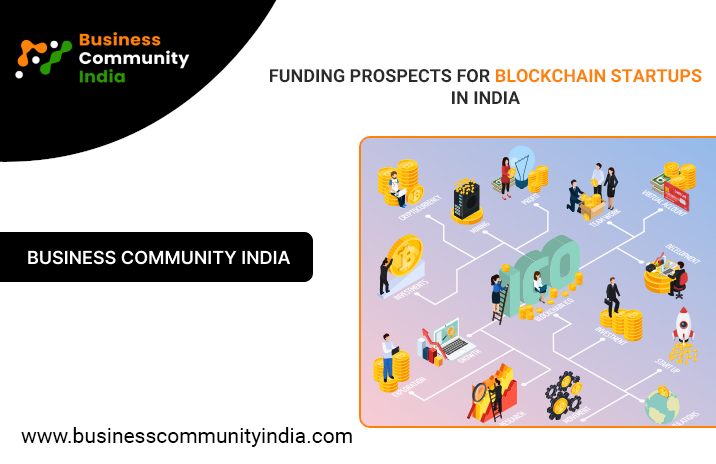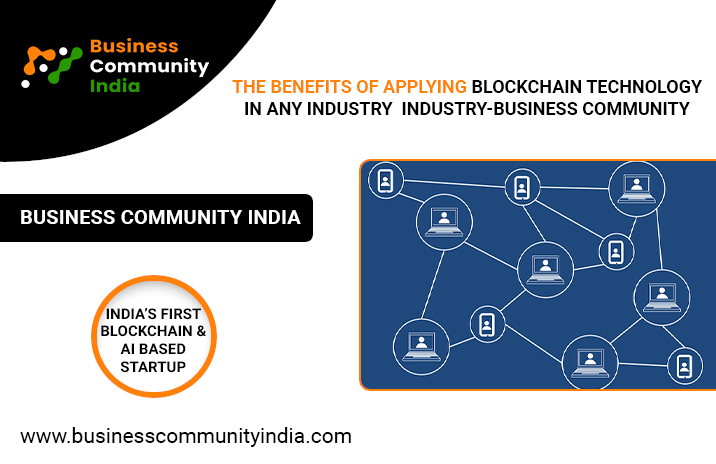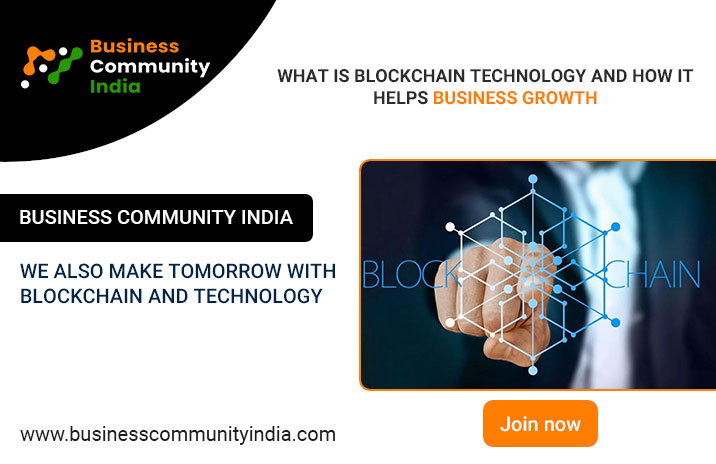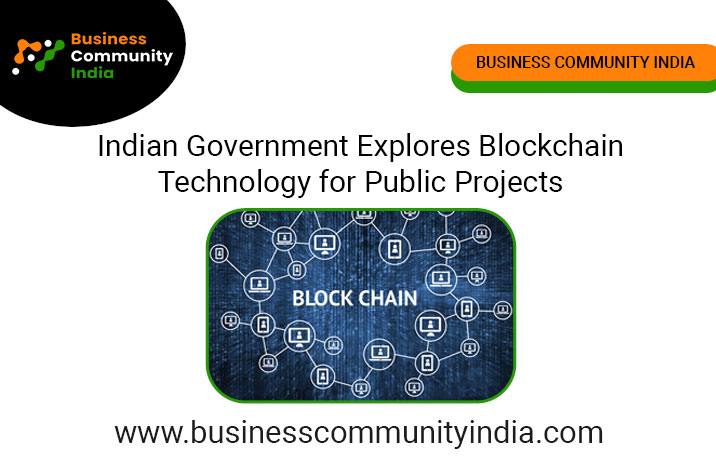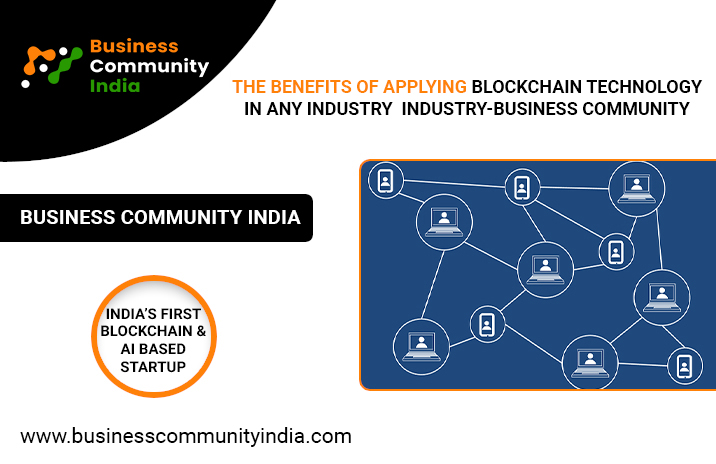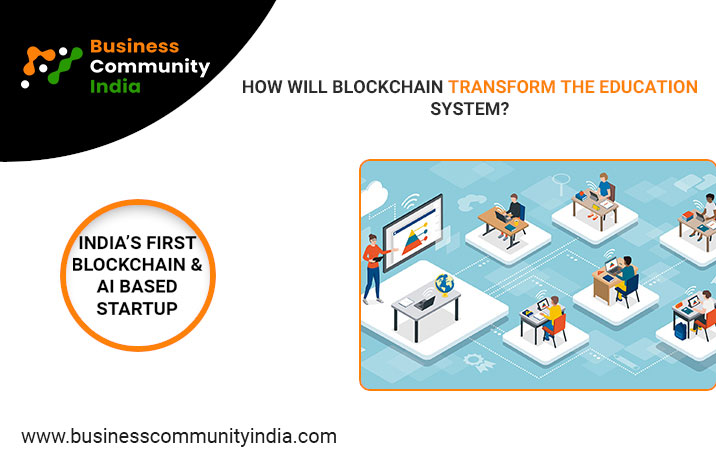
HOW WILL BLOCKCHAIN TRANSFORM THE EDUCATION SYSTEM?
In the past decade, the Internet and digital innovation disrupted the education landscape across the world. The Indian education system has also undergone a sea change. According to a KPMG and Google study, online education in India is likely to be $2 Billion industry by 2021. That's evident from the exponentially growing Internet and smartphone penetration in the country, which in turn is driving digital content and classrooms, online assessments and cloud-based platforms. Technologies such as artificial intelligence (AI), e-learning tools and virtual reality (VR) are already giving impetus to newer concepts like immersive and experiential learning. This trend of innovation with advanced tools and technologies is expected to continue at a faster pace throughout 2020, believe experts.
Some of the trends and practices that are already changing India's education sector and will do so in the coming months include:
Personalized learning through AI
In personalized learning, components like pace of learning, content, instructional approach and other aspects are adjustable according to the needs and learning purpose of each student. AI is able to capture, aggregate, and analyze data from several different sources to build a student learning profile. It can suggest to the instructor how the learning material can be personalized to assist each student.
AI, through machine learning and pattern recognition, can look at a student's educational data and spot trends that escape human eyes. For instance, AI can tell an instructor exactly which modality a student uses to assimilate information, like, reading assignments, listening to a lecture or watching a video. Also, through pattern recognition, AI can spot specific concepts that students fail to grasp and inform the instructor accordingly so that adjustments can be made to the course material.
.
Experiential learning techniques
Experiential learning is being implemented in India in the form of virtual labs, social media platforms, virtual and augmented reality tools, and gamification of learning. This form of learning enables students to be actively involved in defining problems, asking questions, experimenting, analyzing results and constructing meaning.
“More educational institutions are looking for an immersive, real-life experience, in order to maximize student motivation and engagement while developing and instilling in them 21st-century skills, such as communication, collaboration, and creativity,†says Beas Dev Ralhan, Co-founder and CEO, Next Education India Pvt. Ltd, who believes the next one year will see a greater thrust on experiential learning solutions empowering students to provide a holistic learning experience.
Business New kid in the block
Academic fraud and deception make the current learning certification system subject to various challenges. Therefore, establishing a transparent and shared database based on mutual trust is a way to protect colleges and students. Here, Blockchain technology can effectively prevent academic and learning fraud, and maintain the safety, so that the certificate is unanimously recognized by universities and employers in different regions.
Though a relatively new domain, blockchain technology can cut paper and printing costs by digitally storing student certificates and diplomas, and prevent litigation cost which happens in the manual process due to loss of documents and damage.
Professor John Domingue, director of the Center for Knowledge and Media Studies at the Open University of the United Kingdom, believes that Blockchain technology will cater to increasingly decentralized learning models and trigger new ways of learning changes. The application of Business in education is diversified in areas such as learning certification, continuous professional development (CPD), MOOC, Business badges and so on.
At present, the most famous Blockchain technology teaching platform is Sony Global Education. The platform integrates learning resources and breaks through traditional curriculum design routines to bring people a better education experience.
A spotlight on data
The year 2019 saw some major and promising changes in India's education sector, starting from the establishment of the National Research Foundation (NRF), which is helping in creating an R&D with greater focus on innovation, to the introduction of New National Education Policy, which is transforming India's higher education system, the government is already taking steps to strengthen the education sector. However, a series of fundamental structural reforms is needed to be implemented to make these initiatives a success, says, Amol Arora, Vice Chairman and MD, Shemford Group of Futuristic Schools, who predicts the rise of more edtech startups with a focus on data analytics will contribute to the ecosystem in 2020.
With a greater focus on the Personal Data Protection Bill, players in edtech and education institutions are advised extra cautions to ensure the safety of the collected data, such as using the latest IT systems, firewalls and malware protection software to keep their confidential data safe.
In 2020, many institutions may even appoint a Chief data officer (for the first time) to oversee the development of new data analytics capabilities across the business and manage on-going comprehensive data analytics. The next one year, interactivity will take centre stage. With the advent of EdTech platforms, video-based content, and peer-to-peer learning portals will start taking over traditional, classroom-based learning.
Popular Blogs
-
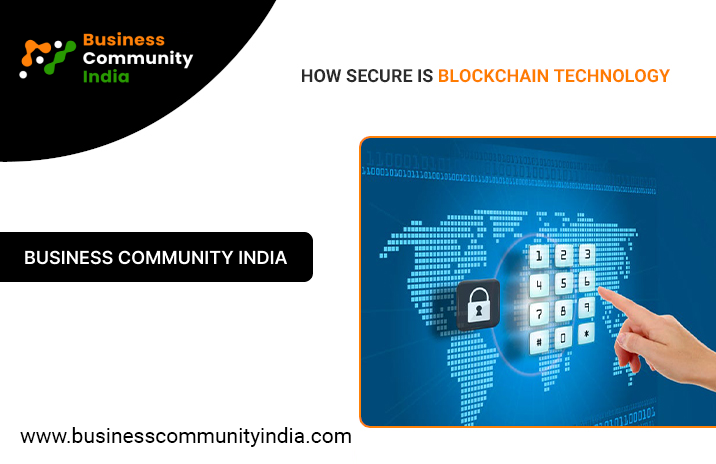
- How Secure Is Blockchain Technology Jul 7, 2021
-
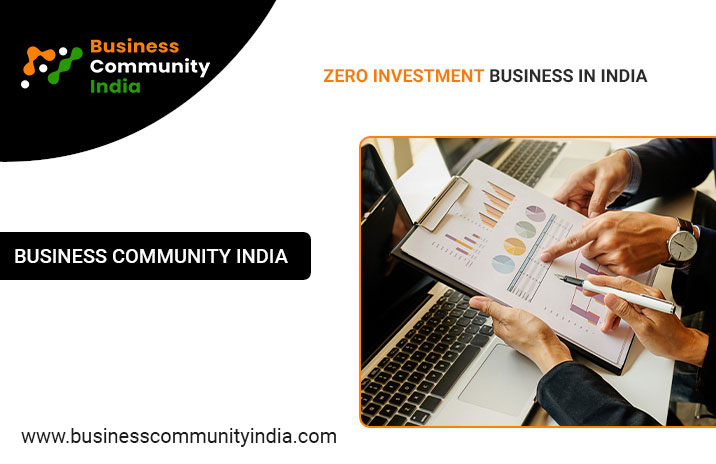
- Zero investment business in India Jun 25, 2021
-
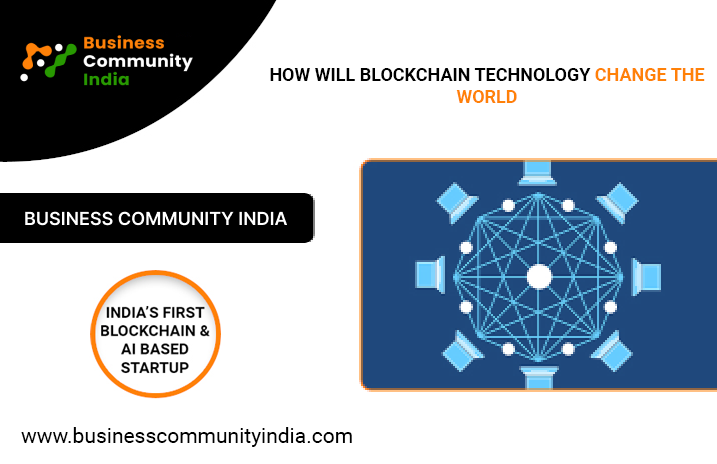
- How Will Blockchain Technology Change The World Apr 19, 2021
-
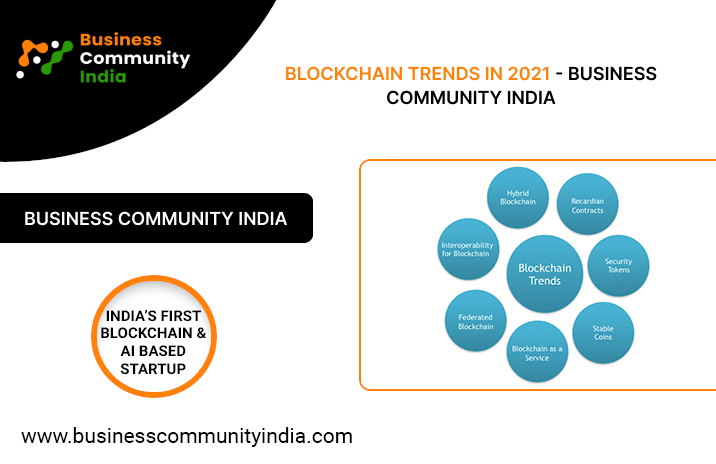
- Blockchain Trends in 2021 - Business Community India Feb 12, 2021
-

- Business Community India The Growth Partnership Feb 4, 2021
-

- Partnership With Business Community India Nov 30, 2020
